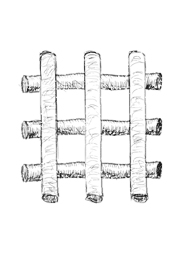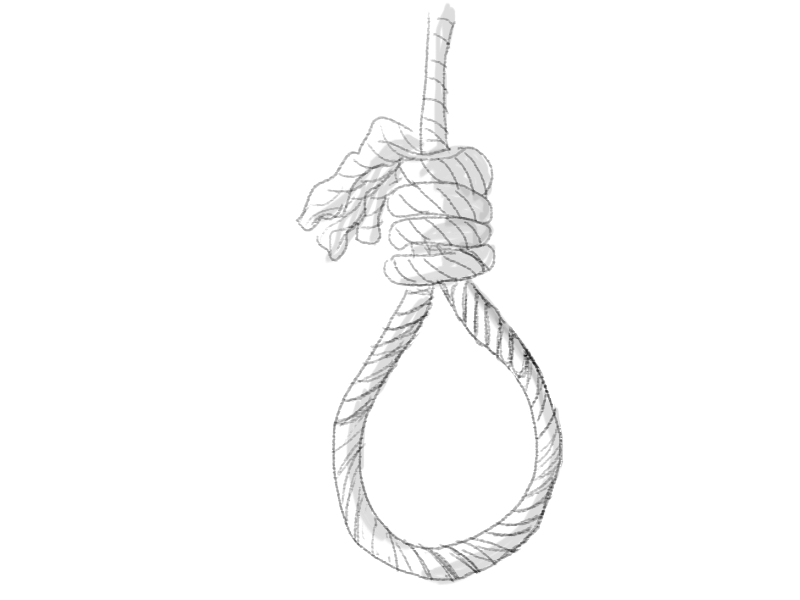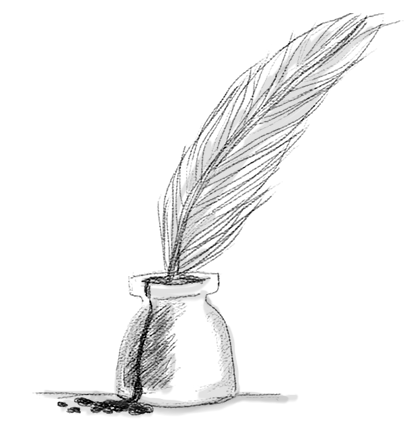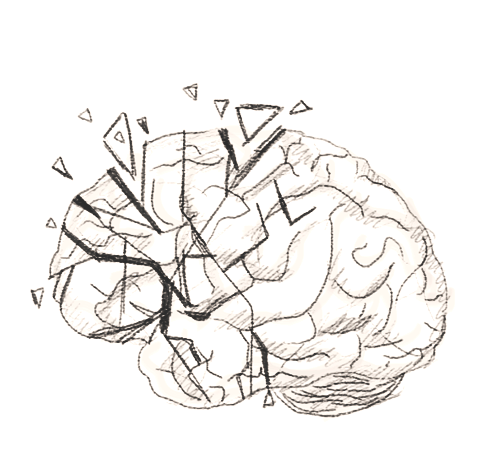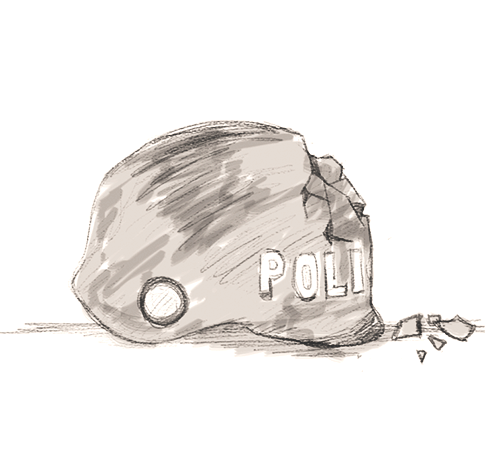The Faces of Repression
The Faces of Repression
In February of 2014 strong protests broke out against Venezuelan president Nicolás Maduro. The government repressed the demonstrations and has detained thousands of people. Some ended up in “The Tomb”, a dreary detention center, and the UN reports 150 cases of ill-treatment, including torture. Here is the testimony of five of them. A report by Mariana Atencio.
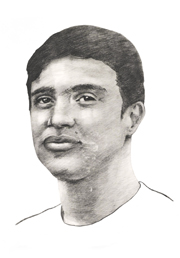
Lorent Saleh was expelled from Colombia for proselytism and alleged links to neo-nazi groups in that country. He was handed to the Venezuelan intelligence service in September of 2014. Since then, he lives five floors underground, in a secret prison nicknamed "The Tomb." His mother Yamile Saleh visits him regularly and fears for his life.
close x
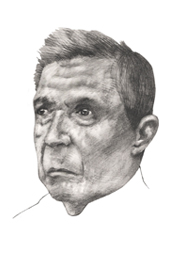
Retired pilot Rodolfo González, 64, was referred to as "The Aviator" by Venezuelan president Nicolás Maduro. According to Maduro, he was "the brain behind an insurrection to overthrow the government." González was detained in his home in April of 2014, and committed suicide in his cell 11 months after. His daughter, Ivette González, talks about his nightmare.
close x
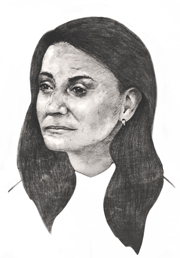
Her son was detained by Venezuelan authorities during the February 2014 protests. Although he was later freed, she couldn't forget his imprisonment. Jacqueline started writing a novel called "Love in the Time of Guarimba." Guarimba is the word used for street protests against the government in Venezuela. Because she dared begin writing about this issue, someone alerted the government and she was arrested.
close x
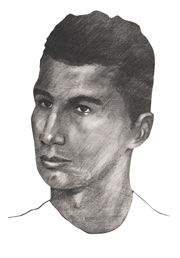
Marco Aurelio Coello, a 19-year-old student, joined an anti-government protest for the first time on February 12, 2014. By the end of that day, three people were dead and numerous others wounded. Coello and five other students were detained. They allege having been tortured, along with opposition leader Leopoldo López. Coello remained in prison for seven months. Although he's already free, he suffers from post-traumatic stress disorder and must go to court regularly. Coello's case remains unresolved, tied to that of Leopoldo López.
close x
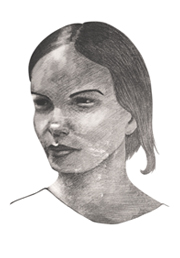
In February of 2014, Marvinia Jiménez used her cell phone to film clashes between authorities and protesters outside her house in Valencia, one of the main cities in the center of Venezuela. A police officer didn't like what she was doing and she was brutally beaten by a policewoman in the middle of the street. Even though everything was recorded by a bystander, Marvinia is facing charges and her assailant is free.
close x
